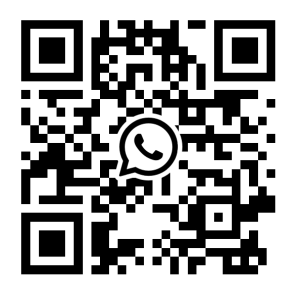If revenue growth is stagnant and you’re looking to fire up the growth engine again, or you’re doing well and want to accelerate growth even more, three common areas to target with an OKR implementation are:
Lack of clear priorities
Too many ineffective meetings
Excessive context switching
An OKR implementation tackles these issues head-on and seizes many more opportunities. Let’s examine these three and the potential impact of their improvement.
A good OKR implementation doesn't just result in a set of great OKRs; it results in a clear and understood strategy, OKRs that align with it, metrics that matter being tracked, crystal clear priorities, and employees working within an operating system in which they have clear priorities, can contribute fully, and will thrive.
Our customers estimate that better alignment via strategically aligned OKRs translates to about a 10% increase in overall productivity. For a 100-person company with an average salary of $100,000, this 10% productivity boost is equivalent to gaining 10 full-time employees, a $1,000,000 value. What is acknowledged but harder to out a value on is the value of OKR achievement, especially when the OKRs were chosen well and resourced for success.
A well-executed OKR implementation with a good OKR management system promotes focused, outcome-driven discussions, enables more autonomy, reduces delays due to issues and dependencies, enhances team alignment, fosters accountability, and can, as a result, cut the average time spent in meetings by 25%, allowing teams to focus more on high-impact work.
Using aggregated research, an average of 20 meetings per week is common, which equates to 8,600 hours per year for a 100-person organization. At an average hourly rate of $50, this represents $430,000 in recovered productive time annually.
Conservative estimates suggest employees lose 1.5 hours per day to context switching.
For a 100-employee organization, this amounts to 167 hours lost daily, or 41,750 hours annually.
At an average hourly rate of $50, this represents $2,000,000 in lost productive time annually.
By providing fewer, clearer priorities and by promoting and enabling focused work, a successful OKR implementation can help reduce context switching.
We conservatively estimate a 20% reduction in context switching, we could reclaim 8,350 hours annually. At an hourly rate of $50 per hour represents $417,500 in recovered productive time.
Implementing OKRs is not just about setting goals; it’s about fundamentally changing how we work. It’s an investment in your strategy, focus, productivity, and, ultimately, success.
The potential return on this investment, even without trying to estimate the impact of achieving your OKRs, as the numbers show, is substantial.
Are you ready to unlock this potential and transform our way of working? The data suggests that you can’t afford not to.
Implement the OKR framework correctly, align your organization with your strategic goals and ensure everyone is moving in the same direction.
By showing teams how to set better goals and run better check-ins, you will drive significant performance improvements across the organization.
Learn how to use cross-functional OKRs to achieve more, even faster.
Solve the problem of how teams can use OKRs to optimize business-as-usual work, not manage it.
In no time, you will see greater transparency, accountability, and data-driven decision-making in action and be more confident that you will deliver on your vision.
Focus your resources on the most critical goals and improve efficiency.
We provide the right training and support to ensure the smooth and effective implementation of the OKR framework.
Strategic Alignment
Align your organization with clear goals to drive unified progress.
Performance Boost
Achieve better results by setting smarter goals and enhancing team check-ins.
Collaborative Success
Use OKRs to enhance collaboration and accelerate outcomes across teams.
- Latest Resources
- Events
- United Kingdom
Ashtead
KT21 1RZ
+44 20 7046 1328

- United States
New York
NY 10013
+1 646-718-4720
- ZOKRI helps leaders and teams achieve strategic goals using the OKR (Objectives & Key Results) framework. Our platform aligns strategy, goals, and people, fostering engagement and growth through comprehensive training and management systems.
© ZOKRI 2026 All rights reserved | Privacy Policy | Terms & Conditions | GDPR